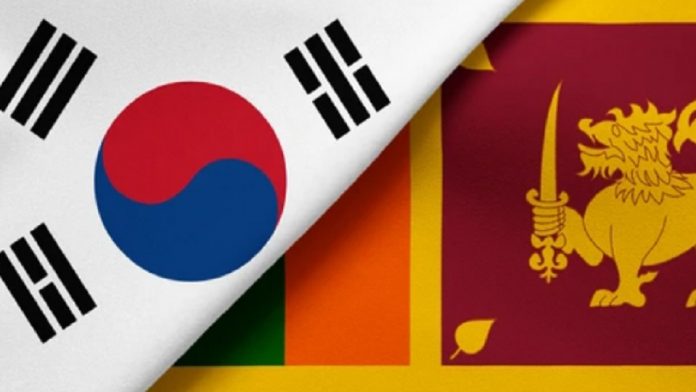South Korea has extended a significant gesture of cooperation towards Sri Lanka by funding the establishment of a Biomolecular Science and Industrial Biotechnology (BSIB) programme at the University of Colombo. The initiative, introduced under the Leading University Project for International Cooperation (LUPIC) and spearheaded by South Korea’s Sungkyunkwan University, is entirely funded by the Korean government and aims to enhance Sri Lanka’s academic and research capacity in biotechnology.
At the official launch ceremony, South Korean Ambassador Miyon Lee described the programme as a milestone in the longstanding relationship between Seoul and Colombo, stressing that collaborations in STEM (Science, Technology, Engineering, and Mathematics) are crucial for Sri Lanka’s future economic and scientific development. She noted that biotechnology is not only central to global progress in medicine but also vital for sustainable agriculture, environmental management, industrial applications, and public health innovation.
The programme is expected to deliver multiple benefits for Sri Lanka. Firstly, it will expose local academics and students to cutting-edge research from South Korea, one of Asia’s leaders in biotech innovation. This exchange of expertise is likely to raise Sri Lanka’s standards in higher education and research. Secondly, it opens opportunities for Sri Lankan researchers and entrepreneurs to translate scientific discoveries into industrial applications, creating pathways for new startups and investment in the biotech sector.
Economically, the BSIB initiative could help Sri Lanka diversify beyond traditional exports such as tea, apparel, and rubber, paving the way for high-value industries in pharmaceuticals, bioengineering, and environmental solutions. In addition, training a new generation of biotechnology professionals will contribute to addressing local challenges—such as improving crop yields, developing affordable medicines, and tackling climate-related environmental issues.
For Sri Lanka, which has often lagged behind in integrating advanced science into national development, this partnership represents more than academic assistance. It symbolizes South Korea’s trust in Sri Lanka’s human capital and its potential to become a regional hub for biotechnology research and innovation.
By aligning university-level education with industry-focused biotechnology, the programme could eventually contribute to job creation, foreign investment, and enhanced competitiveness in the global knowledge economy. As Ambassador Lee emphasized, the University of Colombo is strategically positioned to play a leading role in this transformation, providing the intellectual foundation for both scientific advancement and economic growth.
This Korean initiative is not just about funding laboratories or curricula—it is a strategic investment in Sri Lanka’s future. If nurtured properly, it may become one of the most impactful educational collaborations in the country’s history, underscoring the role of international partnerships in building sustainable development and scientific progress.
